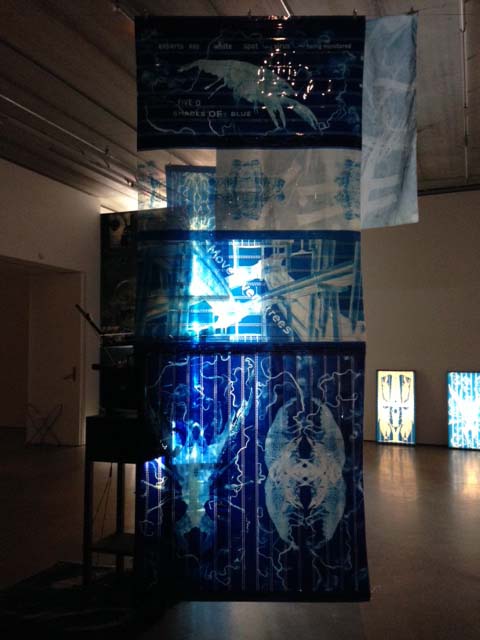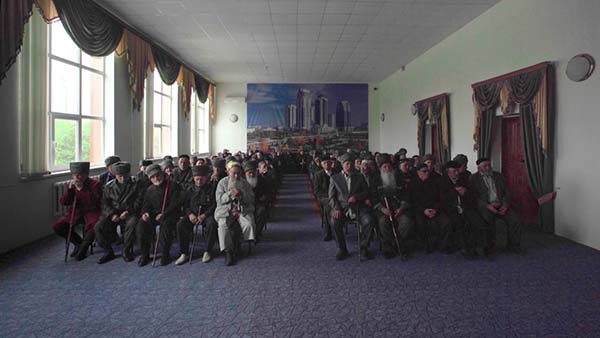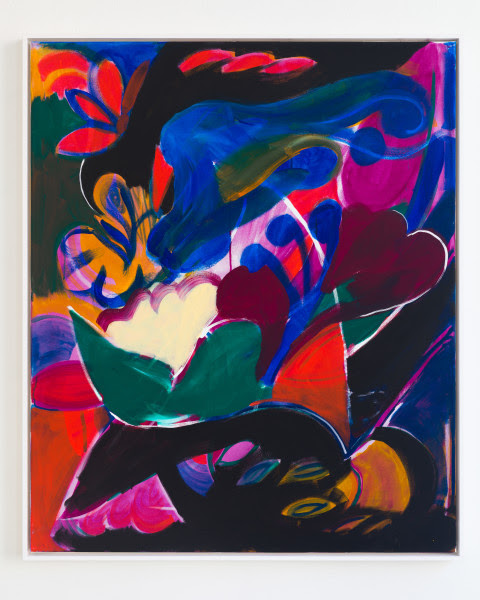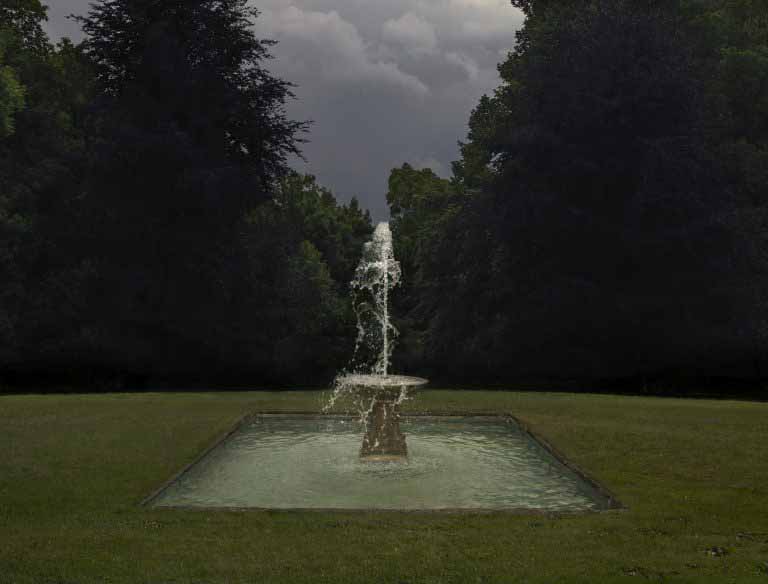Stranger is Laura Sims’s second collection of poetry following her first book Practice, Restraint, which was the winner of The Alberta Prize in 2005. Sparse, spaced with deliberate intention, this collection of poems is at times airy (”—The world grows thin—”) and hopeful and at other times: heavy and melancholy but most sincere in its process. Laura Sims is highly particular regarding each line; she possesses skill and poetic prowess that stem from experience. Some poets, with continual exercise, become increasingly heightened to every word, breath and gesture. Sims also incorporates prose in a micro-doses alongside poetic verse. She writes:
“All this,” she says spreading her arms to the ocean.
“All this,” her friend echoes, leaning over the rail.
The sharp wind reddens their faces, tangles their hair. They laugh
open-mouthed. She can’t say where she comes from now—Ocean? Sky?
It is difficult to ignore the feminine forces at work in Stranger, for it is punctuated with ”she,” ”her” and ”mother”—this book is rooted in the author’s inherited origin and questions stemming from such. Focusing on certain feminine relations between a mother and daughter, it is sometimes difficult to know who the ”she” is referring to—the line between Emmanuel Levinas’s philosophical concept of the ”I”and ”the Other,” in this case, is strategically blurred. Yet, cold separation and solitude are factors that affect us all from birth (“Now the world is / No more than an alien terror, or / No more than an alien terror”). Sims’s Stranger is an example of a poetic face-to-face analysis of the spaces between these two familial positions, and she writes with the sympathy and clever emotion that comes from one related to and organically connected with our world.
Hair down her back
The onlookers’
Darling . . .
Her mouth opens
Or:
She sings between sleep
Her world is a stalker / she stalks it in turn and
The family mouth
Runs on
Thoughtful figures are portrayed as strong and desiring (“Are you cold / they ask, did he touch you, they ask / Did you suffer”), witnesses of vulnerability (“Imploring you / Please”), victims of sickness (“Popsicles on the dresser / A cup filled with bile”), dreamers and explorers (“I looked for myself / In myself”), vessels of creation and possibility (“As clean and uncreased / Make it pure”). The mood of each section compliments its counterparts, sections being Blank (1943-1973), Another Country (1992), Letters from Elsewhere Part 1 (1992), Letters from Elsewhere (1993) and Elsewhere (1992-___). Stranger gently motivates the reader to appreciate delicate moments that are shared with the living, but there is an understanding that the absence of another cannot be replaced with words—no matter how perfect they are sculpted or whatever respite they might offer the few who need something to fill a space now empty (“There is no such thing as a copy”). It is hard to to say whether or not the book title primarily refers to the adjective or noun version of the word stranger; this curious duality may seem appropriate to those who have experienced the progression of an intimate connection and have watched it unfold. Sims expresses:
She is twofold
A compound
It is the flexible nature of Sims’s work that keeps readers interested; her words both examine unbearable realities and stellar perceptions—none seemingly predictable or always wished for. The reader is immersed in subtleties from an American middle class entrapment (“On a manicured lawn of such green, the end”) or the end of some amorphous era (i.e. “elsewhere”) that may or may not include you. On one page, one may be comfortably situated but on another: an outsider.
She lay dreaming under the knife while we
In our alien living room
Or:
Everything went on as usual, outside
Celebrating one’s roots, this work provides strength to move forward on a trajectory uncommon but linked to swayings of the heart. It is impossible to predict how one’s life will be after one factor is added, removed or altered. Yet, Stranger honestly attempts to track one’s personal map tied to change, subjective remembrance and life’s uncanny buffet of joy and loss.To see the review in context, click here.








